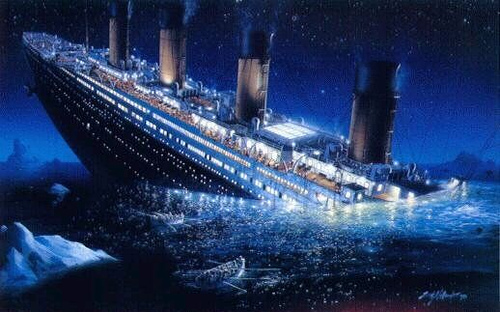So, the big political story of the week: the strange disappearance and eventual mea culpa of my home state governor. As I said here, I try to avoid posting on sex scandals as much as possible — In a perfect world, all of this private behavior would be off the table for both parties. Still, regarding this imbroglio, my feeling about his press conference yesterday was very akin to Gary Kamiya’s at Salon: “[T]his was not another blow-dried, prefab confession. It was unscripted. It was so intimate it was almost unwatchable.“
Now, I disagree with Gov. Sanford quite a bit politically, obviously. I was impressed by his op-ed on Obama during the SC primary last year, but he lost a lot of goodwill with me with his grandstanding on stimulus funds a few months ago. Regardless, whatever the moral hypocrisy and dereliction of duty involved in this case, it’s just sad to see a guy so obviously lost in the wilderness of amour fou. For whatever reason, he didn’t have the usual politician’s armor on at all yesterday, and it was painful to watch somebody writhing on the horns of a dilemma of the heart so publicly. He screwed up, big time, and his behavior is indefensible on several levels. Still, I have to admit, I sorta feel for the guy. (And, while I think John Dickerson’s recent hectoring in Slate was a bit much — particularly since he usually revels in the manufactured controversies and studied glibness that characterize so much useless political coverage these days — to my mind nobody deserves the godawful nightmare of having one’s mash notes published for all to see. That’s just a special kind of Hell.)



